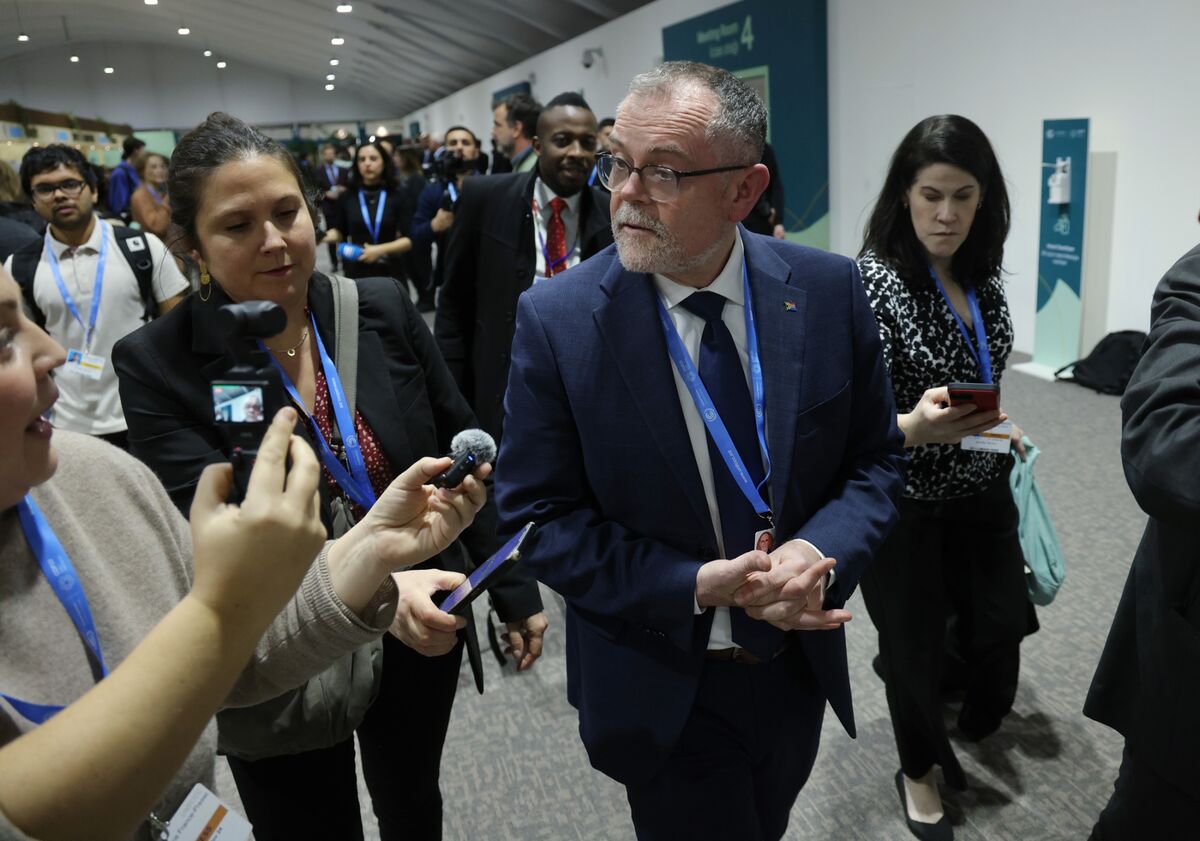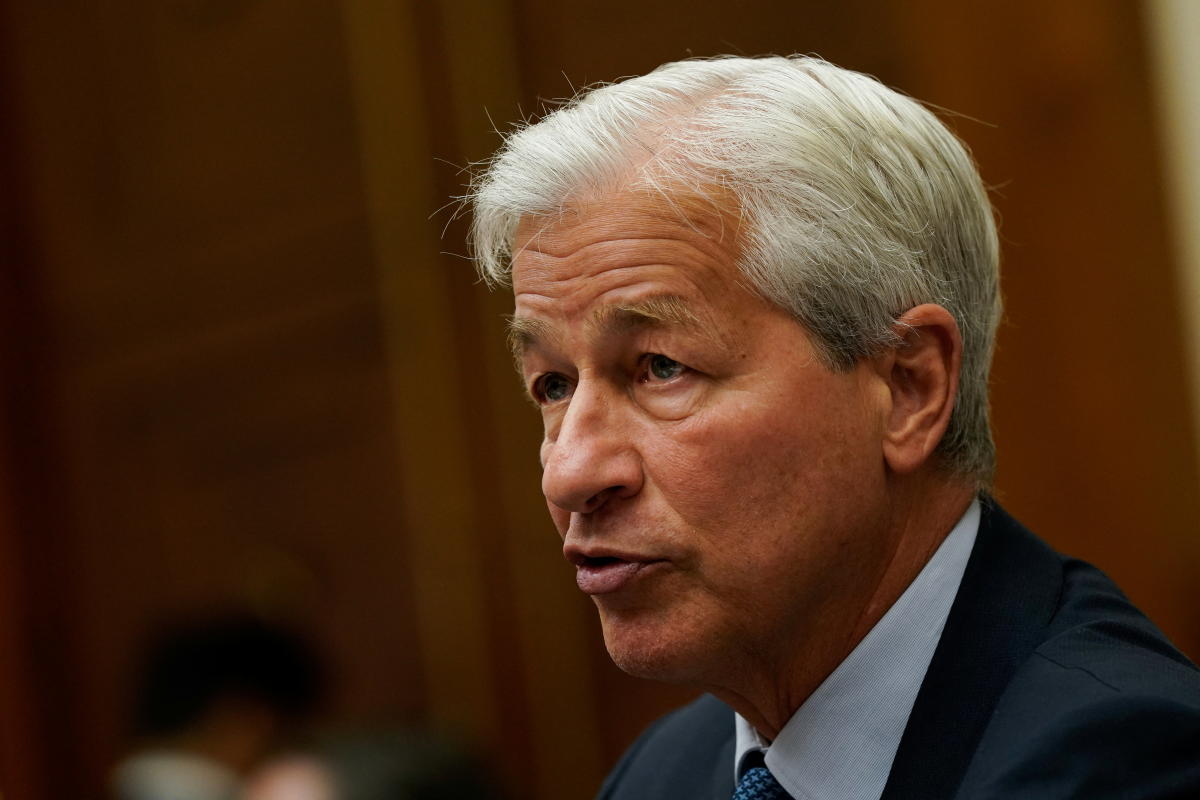Defense Dollars Derail Climate Hope: Europe's Shifting Priorities Leave Africa in the Cold

South Africa is preparing to take a decisive stance on climate action as its cabinet convenes next week to strategize ahead of the crucial COP international climate summit in Brazil this November. The country's environment minister has voiced strong frustration over developed nations' failure to honor their critical financial commitments to global climate initiatives.
The upcoming meeting signals South Africa's commitment to addressing climate challenges, with senior government officials set to craft a unified national position that highlights the urgent need for international cooperation and financial support. By holding a dedicated cabinet session, the nation aims to present a robust and unified approach to the global climate dialogue.
At the heart of the discussions is the growing disappointment with wealthy countries that have seemingly backtracked on their promised funding for climate adaptation and mitigation efforts. This breakdown in financial pledges threatens to undermine global progress in combating climate change, particularly for developing nations most vulnerable to its impacts.
South Africa's proactive approach underscores its role as a key player in African climate diplomacy, seeking to hold developed nations accountable while advocating for meaningful environmental and economic support for vulnerable regions.








